A Brief Introduction to Hosni Mubarak & His Journey
Hosni Mubarak has ruled the country Egypt for 30 years, which by far is the most powerful in the Arab world. It all started on October 6, 1981. Egypt was shaken when its President Anwar Sadat was assassinated by right-wing Arab groups during a military parade before the world’s eyes. Mubarak, who was then the vice president, was wounded in the attack. Terrified he stood there and by the time stunned security police began firing back, killing two of the assassins, Sadat was already dying. 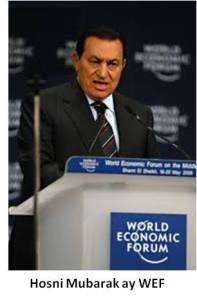
Mubarak was a natural successor. He took control of the government on October 14, 1981 and has held it, by various means, ever since. While this is looked at as his first appearance on the global stage, one cannot overlook the crucial role he played in 1973.
He is still credited with winning the war that changed the course of Arab Israeli relations in October 1973, when he was Air Chief, under Sadat’s presidency. The victory over Israel brought him personal glory too.
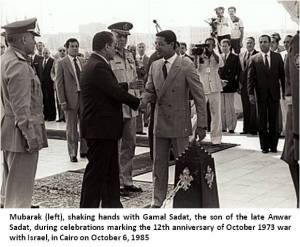
In April 1975, Mubarak was appointed as the vice president of the Egyptian republic and he loyally served Sadat’s policies. He became a popular representative of the President and had numerous meetings with foreign leaders. Mubarak’s political significance as vice president can be seen from the fact that at a conversation held on June 23, 1975 between Egypt Foreign Minister Fahmy and United States Ambassador Hermann Eilts, Fahmy said to Eilts that “Mubarak is, for the time being at least, likely to be a regular participant in all sensitive meetings”. He advised the ambassador not to antagonise Mubarak, as he was Sadat’s personal choice.
Mubarak may be considered largely unpopular today, but as President, he allied with the West and an anchor of stability in the Middle East. Taking over as President, he moved quickly to crush an Islamic uprising and jailed over 2,500 members of militant Islamic groups engaging in violence. Mubarak retained most of Sadat’s foreign and domestic policies, and Sadat’s close ties to the United States. All the Arab states but three had criticised Egypt for the treaty with Israel, so Mubarak tried to rebuild relations with Jordan, Iraq, Saudi Arabia, and Palestine Liberation Organisation leader Yasir Arafat. It was Mubarak who encouraged Arafat to compromise and recognise Israel’s right to exist.
Throughout the 1980s Mubarak increased the production of affordable housing, clothing, furniture, and medicine. He also kept a close eye on his officials, firing ministers at the first hint of wrong-doing and fining members of Parliament for unnecessary absences. Egypt’s heavy dependence on US aid and her hopes for US pressure on Israel for a Palestinian settlement continued under Mubarak. He improved relations with the former Soviet Union. In 1987, Mubarak won election to a second six-year term. In 1989, eight years after Sadat’s assassination, Egypt was re-admitted as a full member the Arab League. Its membership was suspended after Sadat’s peace treaty with Israel, but Mubarak rebuilt the bridges.
Mubarak was angered over the 1990 Iraqi invasion of Kuwait. When the US was hunting for a military alliance to force Iraq out of Kuwait, Egypt’s President joined without hesitation. After the war, his reward was that America, the Arab states of the Persian Gulf, and Europe forgave Egypt around $14 billion of debt. He won America’s support and Egypt enjoyed massive amounts of military and economic aid over the last three decades.
The Wave of Change
However, as years went by Mubarak became more authoritarian. He throttled meaningful political evolution and curbed the freedom of expression. Plots to assassinate Mubarak had surfaced in 1992, 1993, and 1995 and he is known to have survived six assasination attempts. But Mubarak continued his tough stance. His crackdown led to charges against his government of torture, threats to the press, and other human rights abuses
Political corruption in the Mubarak administration rose dramatically. Such corruption has led to the imprisonment of political figures and young activists without trials, illegal undocumented hidden detention facilities and rejecting universities, mosques, newspapers staff members based on political inclination.
And all of this worsened in 2005. After increased domestic and international pressure for democratic reform in Egypt, Mubarak asked the largely rubber stamp Parliament on February 26, 2005 to amend the constitution to allow multi-candidate presidential elections by September 2005.
On July 28, 2005, Mubarak announced his candidacy, as he had been widely expected to do. The election which was scheduled for September 7, 2005 was widely seen as heavily rigged.
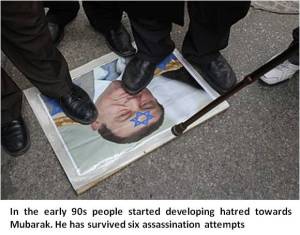
Votes were bought for Mubarak in poor suburbs and rural areas. It was also reported that thousands of illegal votes were allowed for Mubarak from citizens who were not registered to vote. On September 8, 2005, Ayman Nour, a dissident and candidate for the El-Ghad Party, contested the election results, and demanded a repeat of the election. In a move widely seen as political persecution, Nour was convicted of forgery and sentenced to five years on December 24, 2005.
Even the Muslim Brotherhood, which has a wide cadre base in Egypt, fielded candidates as independents due to their illegality as a political party. They won 88 seats to form the largest opposition bloc, but only after the arrests of hundreds of Brotherhood members. A constitutional amendment adopted by the National Democratic Party-dominated Parliament has made it virtually impossible for independents like former IAEA chief Mohamed El-Baradei to run for president.
Soon after, Mubarak appointed his son Gamal as the general secretary of the ruling NDP, a move that convinced many of his unwillingness to let go of power.
As Mubarak tried to tighten his grip over Egypt, anti-government protests strengthened in 2005 giving rise to the Kifaya (enough) movement, the unofficial moniker of the Egyptian Movement for Change.
It first came to public attention in the summer of 2004, and achieved a much greater profile during the 2005 constitutional referendum and presidential election campaigns. Since then it has opposed Mubarak’s presidency and over the years the voices have only grown louder.Now the final outcome this gradual but sure approach is in open — Mubarak Stepped Down.
Role of Social Media
In one of my earlier posts posted on this blog dated February 04, 2011, I wrote an article with title as mentioned below, but found rare buyers of the concept. Probably now its no more a secret and known to all. I did not emphasize much thereafter on role of social media because one of my teacher taught me a lession that can mentioned as “People can believe only on the things, creations and thoughts and other things of the same kind, only to the extent if they are capable of even imagining such phenomenon in their wildest dreams. Else they will laugh at you and will say the things that you may not love to listen. Let them be mature, but do not kill your vision just for the reasons that other are suffering from vision myopia.”
Adding to the dicussion further I would like to state what’s even more interesting and that is the role played by Social Media tools like the use of Twitter, Facebook, and YouTube to speed the process of protests in Egypt. There has been some backlash about the use of social media, with some pundits calling it a “Facebook Revolution,” as if without Facebook this wouldn’t be happening.
The revolt still would have happened, even if the Social Media tools were not there. but their presence added fuel to fire of revolution. Today’s era of real-time communication made the “words of the January 25 protests” spread more quickly and gained momentum that would have been hard to achieve without the social networks.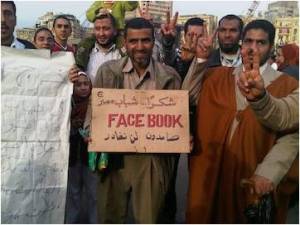
But it also leads oneto wonder…is the use of the Internet, and social media, a human right?
The best testimony about social media’s role in these events has to be the efforts of the Tunisian and Egyptian governments to thwart or completely cut off the Internet. The chart published on Mashable, the Internet became a critical communications point leading up to the events of the past few days. It’s no wonder that the autocratic Mubarek regime sought to protect its own power by cutting the Internet.
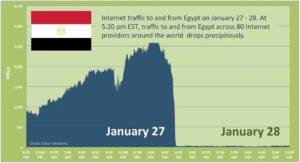
It should be noted that the protests have significantly escalated since the proverbial kill switch was hit on the Egyptian Internet. So at best social’s role can only be painted as a catalyst, and not the ultimate factor.
Leaving the discussion on Role of Social Media to Political Pundits.. will follow If find their or comments from my audiences on the topic.
Post Mubarak Situation in Egypt : A State of Uncertain Transition
Some have termed the departure of Egyptian President Hosni Mubarak from office on Friday as a resignation. Some others have called it waiving the office or powers of the president. The Egyptian constitution provides for both contingencies.
When a president resigns, the constitution requires that he should address his letter of resignation to the president (speaker) of the parliament. When he stops exercising the powers of the president, he addresses his letter to the vice-president.
Article 82 provides for this interesting contingency of the president leaving office without formally resigning. It says: “If on account of any temporary obstacle the president of the republic is unable to carry out his functions, he shall delegate his powers to a vice-president.”
Mubarak, while leaving office much to the jubilation of the protesters, did not inform the president of the parliament and submit a formal letter of resignation as required under the constitution.
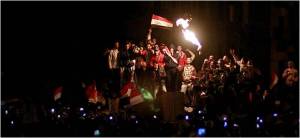 Nor did he ask Vice-President Omar Suleiman to take over. Instead, he asked the Supreme Council of the Armed Forces to take over. It is a coup without seeming to be a coup.
Nor did he ask Vice-President Omar Suleiman to take over. Instead, he asked the Supreme Council of the Armed Forces to take over. It is a coup without seeming to be a coup.
One can go on analysing the circumstances of Mubarak’s departure. Whatever be the circumstances, Mubarak is gone from office for ever. It is time to discuss what next. Egypt is now in a state of transition under the leadership of the Supreme Council of the Armed Forces, which consists of the following:
Field Marshal Mohamed Hussein Tantawi, who has been the minister of defense and commander-in-chief of the Egyptian Armed Forces since 1991.
He has been a field marshal since 1989. After the protests broke out on January 25, Mubarak promoted him as deputy prime minister and asked him to continue to hold the defence portfolio.
He visited the Tahrir Square on February 4 and met the troops deployed there as well as the protesters. He is the chairman of the Supreme Council.
Air Marshal Reda Mahmoud Hafez Mohamed, the chief of the air force since March 20, 2008.
Lieutenant General Sami Hafez Anan, chief of staff of the army.
Lt Gen Abd El Aziz Seif-Eldeen, commander of air defense.
Vice Admiral Mohab Mamish, chief of navy.
Is Lt Gen Omar Suleiman, the vice-president, who made the televised announcement regarding Mubarak leaving office after handing over his powers, a member of the Supreme Council? The position is not clear.
Al Jazeera says he is. Others do not say so. However, since he is only a lieutenant general and since the Supreme Council is headed by a field marshal, it stands to reason that Suleiman may have to work under the orders of the Supreme Council and not vice versa.
What next? The present constitution has become untenable since the post-Mubarak transitional arrangements are not in accordance with the constitution.
This gives rise to the possibility that the Supreme Council may suspend the constitution and dissolve the parliament. Mohamed El Baradei has said that Egypt will now have a provisional constitution.
What will be the duration of the transitional arrangements? Till September when the election of a new president is due or for a longer period?
The political elements, who participated in the protest movement, are already saying that it may not be possible for the Supreme Council to restore political and economic normalcy before September and, hence, according to them, it should be for a longer period.
El Baradei has been quoted by the BBC as stating as follows: “What I have been proposing is a transitional period of one year. We will have a provisional constitution. We’ll have a transitional government, hopefully a presidential council, including a person from the army and a couple of civilians.”
“The main idea is that the army and the Egyptian people will work together in a systematic way for a year to reach the point where we can hold a genuine free and fair election, a parliamentary election and a presidential election. I think the people of Egypt, who have been suppressed for at least 30 years, are ready to wait for a year as they see things are going in the right direction,” Baradei said.
The younger non-political elements, who played a leading role in the revolution, have not clearly indicated their view on this subject apart from expressing their trust in the army.
Wael Ghonim, the Egyptian Google executive, who is credited with rallying many young people behind El Baradei, has tweeted to his followers as follows: “The military statement is great. I trust our Egyptian army”.
The armed forces’ statement to which he had referred said the Supreme Council would lift the country’s emergency law but only “as soon as current circumstances end”.
It also said, “Armed forces make a commitment to caring for the people’s legitimate demands, and to seeking to follow their implementation within the time frames with full precision and resolution, until the complete transfer of power, and the achievement of the democratic free society which the people aspire to”.
It pledged not to prosecute ‘the honest men who called for an end to corruption and for reform.’
While it spoke of time-frames for the transition, it refrained from specifying those time-frames. If Ghonim comes out ultimately in support of El Baradei’s call for a longer transition, will other youth leaders support him?
Who will be in any transitional government or council that may be constituted? Everybody wants that it should be a civilian council possibly headed by El Baradei and including a representative of the armed forces.
It is not yet clear whether the Supreme Council would accept a transitional council of which the Muslim Brotherhood is a member.
The MB has been supportive of El Baradei till now. He has been advocating a role for the MB in the transitional set-up, but the MB has said it does not want any role. The youth leaders are not opposed to it. The Supreme Council has not yet spelt out its views.
Always Yours —- As Usual — Saurabh Singh
What’s even more interesting to me, though, is the use of Twitter, Facebook, and YouTube to speed the process of protests in Egypt. There has been some backlash about the use of social media, with some pundits calling it a “Facebook Revolution,” as if without Facebook this wouldn’t be happening.
Let’s be real. The revolt still would have happened. But in this day of real-time communication, word of the January 25 protests spread more quickly and gained momentum that would have been hard to achieve without the social networks.
I’m reminded of the Malcolm Gladwell piece that ran in The New Yorker in early October last year. In it, he describes 1960s North Carolina where a Woolworth’s wouldn’t serve black students. The story goes that the protest to not allow blacks to sit at the bar, but instead stand at the snack counter, began with four students and, the next day, grew to 27.
During the following days, the sit-ins eventually grew to 600 people and more than five colleges taking part. Soon 70,000 students were involved and thousands were arrested and even thousands more were radicalized.
He says, ‘These events in the early sixties became a civil-rights war that engulfed the South for the rest of the decade—and it happened without e-mail, texting, Facebook, or Twitter.”
While I disagree with the rest of his view on the use of social media in today’s w0rld, he eventually gets to the point that we are not in the middle of a digital revolution. And, whether you use the tools or not, you have to agree that the revolt in Egypt would have happened without social media. The use of the tools just speeds the process.
But it also leads us to wonder…is the use of the Internet, and social media, a human right?

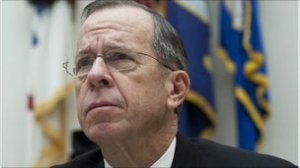


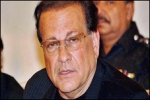
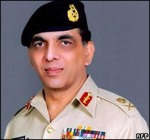
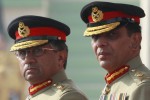
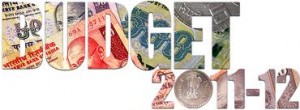
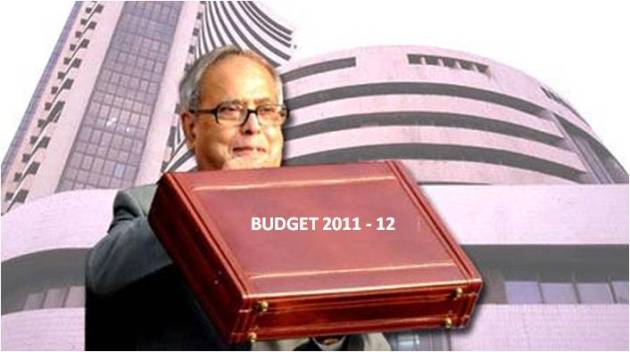
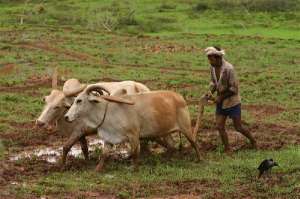











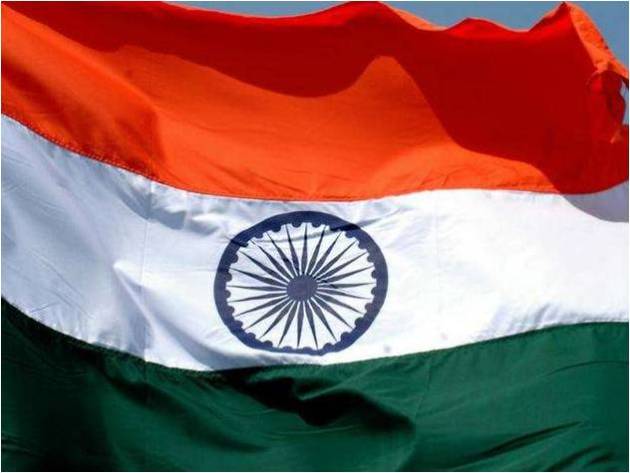
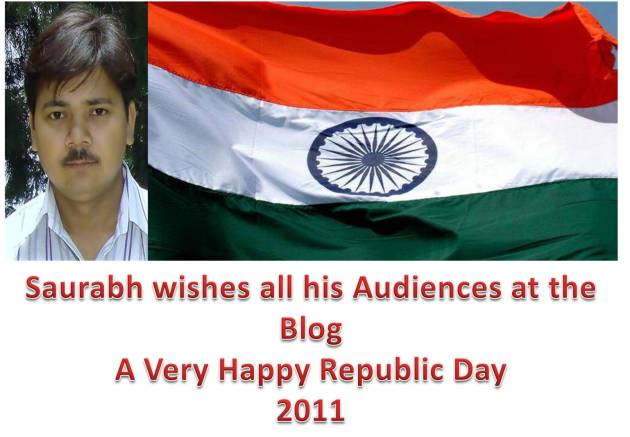

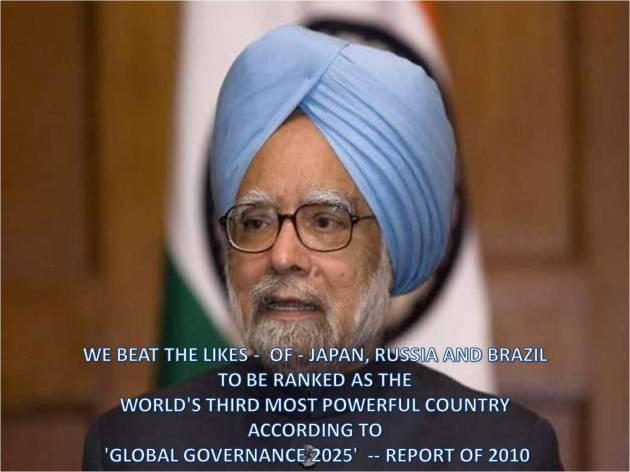

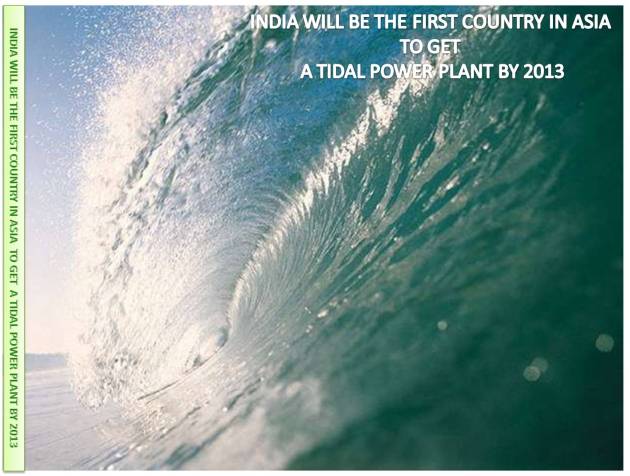

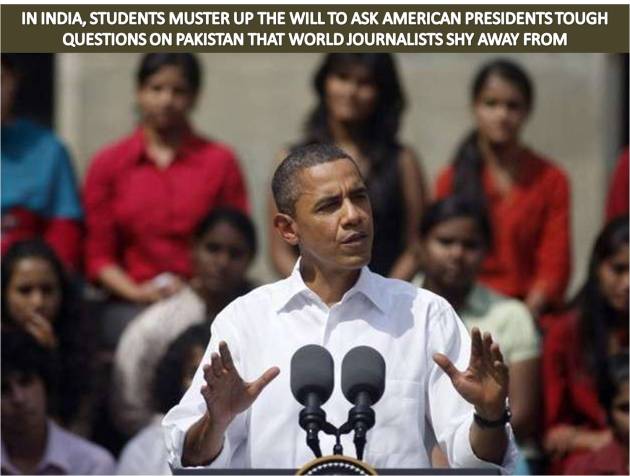

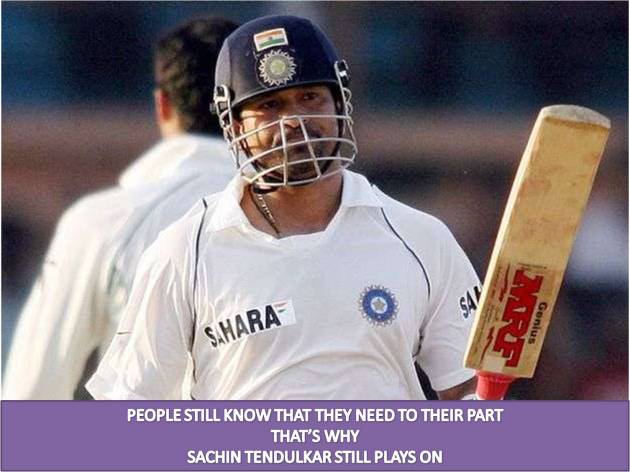
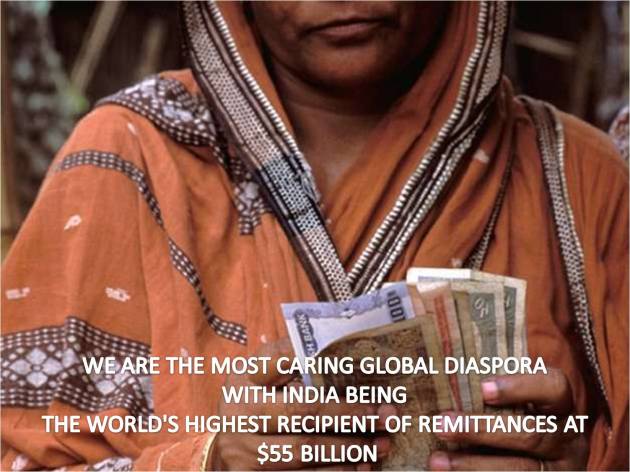

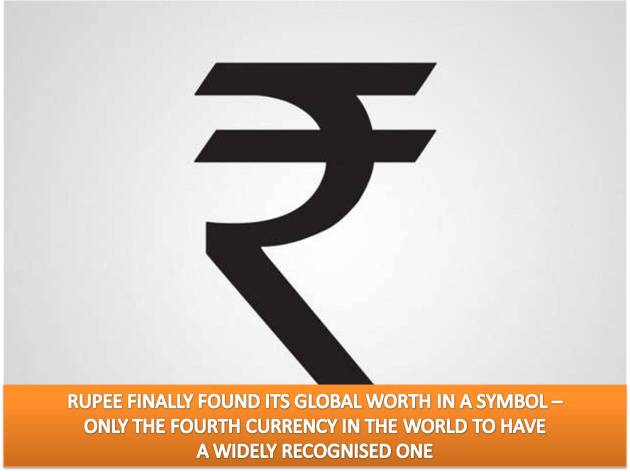


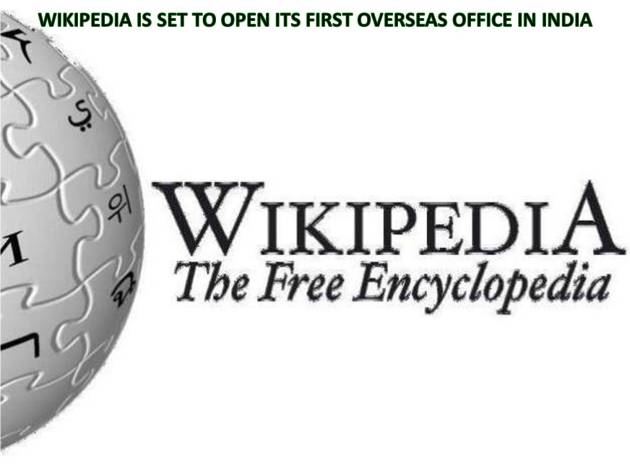









Impressions of Visitor & Few Replies